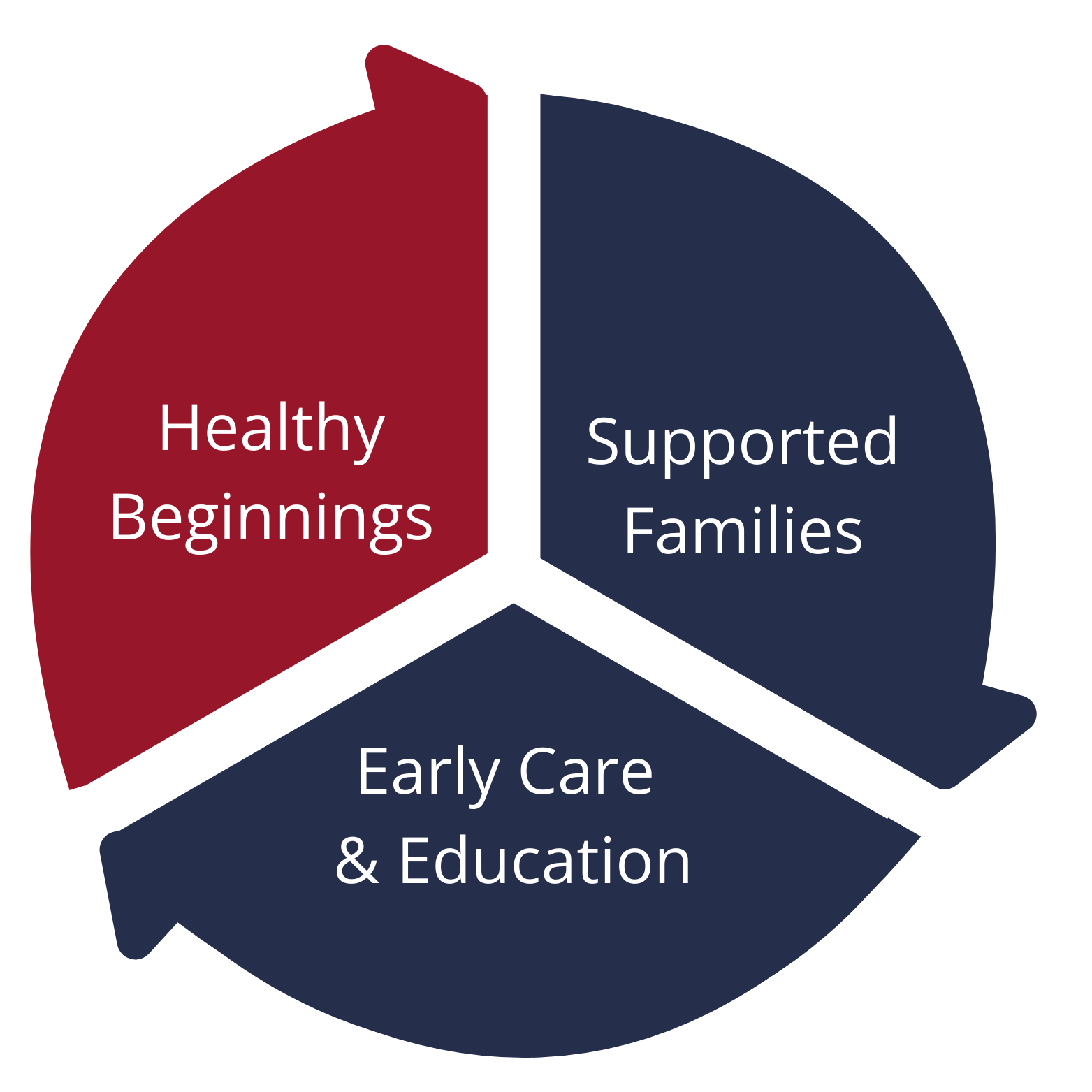
Texas must address critical health needs of pregnant mothers, infants, and toddlers. State leaders should increase access to prenatal and postpartum health services for Texas women and ensure that children who are currently eligible for health coverage are able to sign up, stay covered, and get the health care they need.
Resources & Articles
Texas Medicaid Application Backlog is Rising Again
Notify Parents When Children When Uninsured Kids are Confirmed Eligible for Health Coverage
Almost Half of Uninsured Texas Kids Are Eligible for Medicaid or CHIP
Texas Implementing 12-Month Postpartum Health Coverage for Moms
Almost Half of Uninsured Texas Kids Are Eligible for Medicaid or CHIP